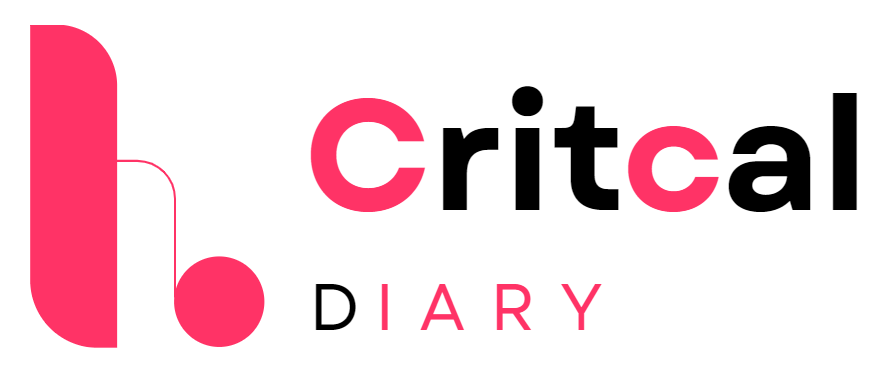Career Development for Employees | Everything You Need to Know
Everyone wants to improve his future but does not know the right rules. Let’s not know the correct rules of Career Development for Employees.

In an evolving job landscape characterized by rapid technological advancements and shifting market demands, career development has emerged as a linchpin for long-term professional success. Whether you’re a fresh entrant in the job market, a seasoned professional seeking growth, or an HR manager dedicated to employee advancement, understanding the dynamics of career development is essential.
The Importance of Career Development in Today’s Work Environment
Gone are the days when career paths were linear and predictable. The modern work environment demands adaptability, continuous learning, and proactive career planning. For employees and organizations alike, harnessing the power of career development is no longer optional—it’s imperative for success and sustainability.
Section 1: Understanding Career Development: What It Entails and Why It Matters

At its core, career development encompasses the strategies, tools, and learning opportunities that facilitate professional growth and job satisfaction. For individuals, it involves setting career goals, acquiring new skills, and seeking opportunities that align with their aspirations. For organizations, it entails creating an environment that nurtures talent, encourages innovation, and aligns employee ambitions with business objectives.
Why It Matters: In an age where the half-life of skills is shrinking, career development ensures individuals remain competitive and fulfilled while organizations can retain top talent, drive engagement, and maintain a dynamic workforce adept at navigating challenges.
Section 2: The Benefits of a Career Development Program for Employees and Organizations
Investing in career development programs yields significant dividends:
- For Employees: Enhanced job satisfaction, increased earning potential, and a clearer sense of direction.
- For Organizations, this means Lower turnover rates, a stronger employer brand, and a reservoir of internal talent ready to step into leadership roles.
A robust career development foundation cultivates a workplace culture that values growth, learning, and resilience—traits that are indispensable in today’s fast-paced job market.
Section 3: Strategies for Effective Career Development Planning for Professionals and Job Seekers
- Self-Assessment: Begin with introspection. Understand your strengths, weaknesses, interests, and values to chart a career path that aligns with your personal and professional goals.
- Skill Development: Identify emerging job market trends and the skills they demand. Invest in continuous learning through courses, workshops, and certifications.
- Networking: Build a robust professional network. Networking can unlock opportunities for mentorship, collaboration, and job prospects.
- Feedback: Seek regular feedback from peers, mentors, and supervisors. Constructive criticism is invaluable for growth and improvement.
- Flexibility: Be open to change and ready to pivot. Today’s dream job may not exist tomorrow, so flexibility and a willingness to adapt are crucial.
Section 4: The Role of HR Managers in Facilitating Career Growth and Development
HR managers play a critical role in bridging organizational goals with employee career aspirations. They can:
- Implement structured career development programs and pathways for advancement.
- Provide access to learning and development resources.
- Foster a culture of feedback and continuous improvement.
- Support internal mobility and job rotation to offer diverse experiences.
- Utilize performance management tools to set objectives, track progress, and identify areas for growth.
Conclusion: Encouraging Continuous Learning and Growth to Sustain a Competitive Edge in the Job Market
Career development for employees is not a one-time activity but a continuous endeavour. By promoting a culture of learning, providing the tools and resources for career advancement, and aligning individual aspirations with organizational goals, businesses can thrive amidst uncertainty. For professionals and job seekers, staying curious, engaged, and proactive about career development is the surest path to fulfilment and success in today’s dynamic job market.
In navigating the path to professional success, remember that the pursuit of growth is both a personal and collective journey. Together, through fostering an environment of continuous learning and development, we can all adapt, thrive, and succeed in the evolving world of work.






